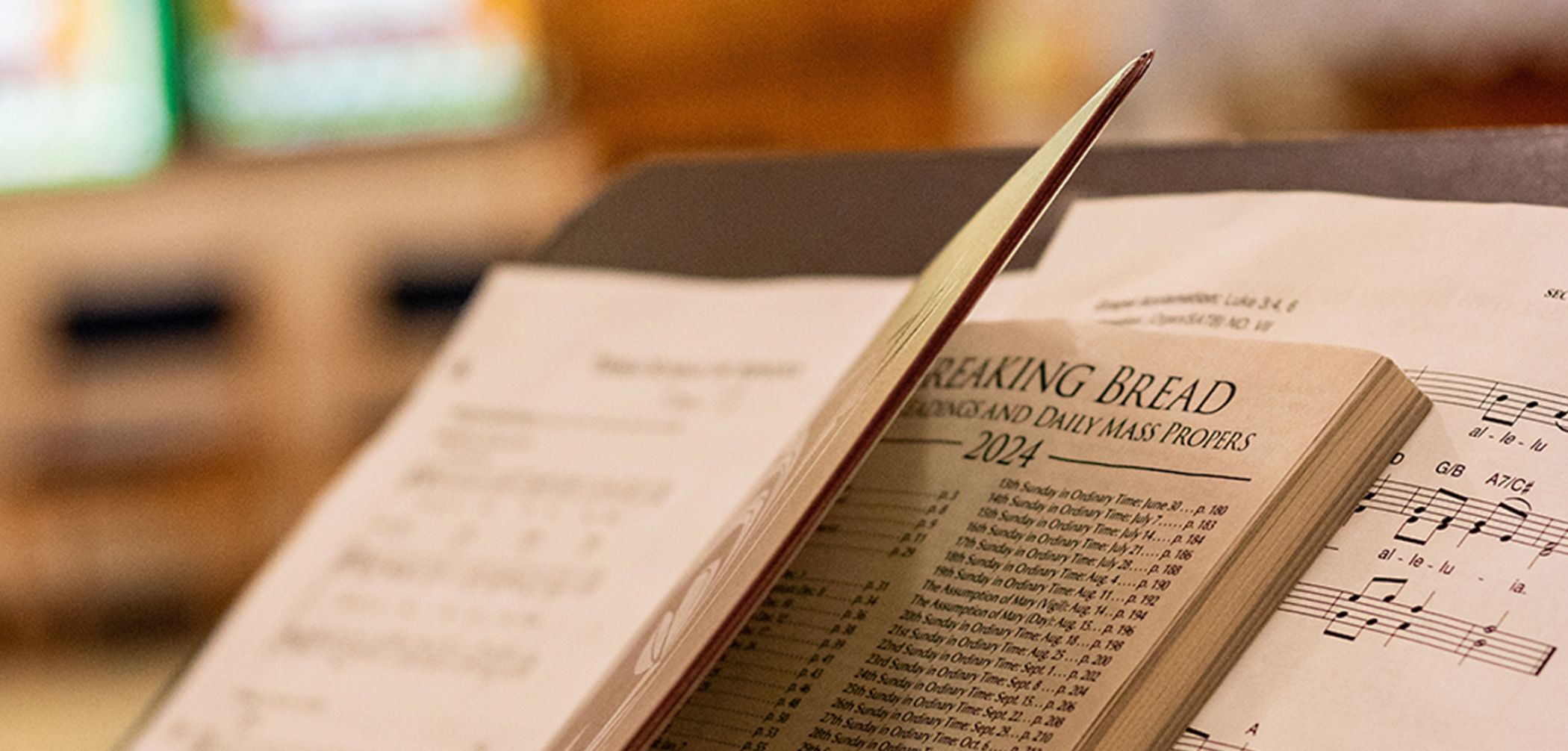
Jer 17: 5-8
Ps 1:1-2, 3, 4, 6
1 Cor 15:12, 16-20
Lk 6:17, 20-26
Ps 1:1-2, 3, 4, 6
1 Cor 15:12, 16-20
Lk 6:17, 20-26
Today's readings present a profound lesson: true happiness, or beatitude, is found in recognizing that we are cherished children of a loving Heavenly Father. Our joy becomes complete when we share our blessings with those in need, actively working to uplift them, as Jesus did. Contrary to common societal beliefs, genuine happiness isn't derived from wealth, health, power, or influence. The term "beatitude" signifies "blessedness" in a dual sense: experiencing both God's favor and true, supreme happiness.
In the First Reading, Jeremiah emphasizes that true happiness begins when we place our trust in God and His promises. The Responsorial Psalm (Psalm 1) reminds us that beatitude is found in adhering to God's Law.
In the Second Reading, St. Paul warns us that ultimate beatitude is attainable only in Heaven, with Christ's Resurrection serving as our assurance of eternal life and lasting happiness.
In today's Gospel, Jesus presents a counterintuitive vision of blessedness through poverty, hunger, sorrow, and persecution. He declares that those who are poor, hungry, weeping, and persecuted are blessed because these states lead us to depend on God, recognize His providence, seek reconciliation, and experience the true joy of standing firm in Faith. What makes one blessed is not merely these conditions but living through them in alignment with our commitment to Jesus and His spirit of sharing. The beatitudes are eschatological statements, viewing and assessing the present in the light of future glory and eternal happiness.
We are called to embody the challenge of the Beatitudes in our daily lives. Countless individuals are starving, persecuted, homeless, and living without hope. The promises of the Beatitudes can only become a reality through the actions of people like us. Each time we extend help to the needy, the sick, and the oppressed, we offer a glimpse of the Beatitudes’ promises in the here and now.
Instead of placing blame on political systems, let us be proactive and light a candle. God is aware that many of His children experience hunger, inadequate housing, and a lack of education. If over half of our children were hungry, cold, and uneducated, how would we address their suffering? God desires us to live as caring brothers and sisters to one another.
We must carefully choose our path. The "Didache," an early Christian text, begins with the recognition of two paths: one of Life and one of Death, highlighting the significant difference between them. The path to life and true happiness is the way of Jesus and the Beatitudes—a path of lovingly serving God by serving our brothers and sisters.
Past Reflections
-
Weekly Reflection
-
Weekly Reflection
-
Weekly Reflection
-
Weekly Reflection
-
Weekly Reflection
-
Weekly Reflection
-
Weekly Reflection
-
Weekly Reflection

